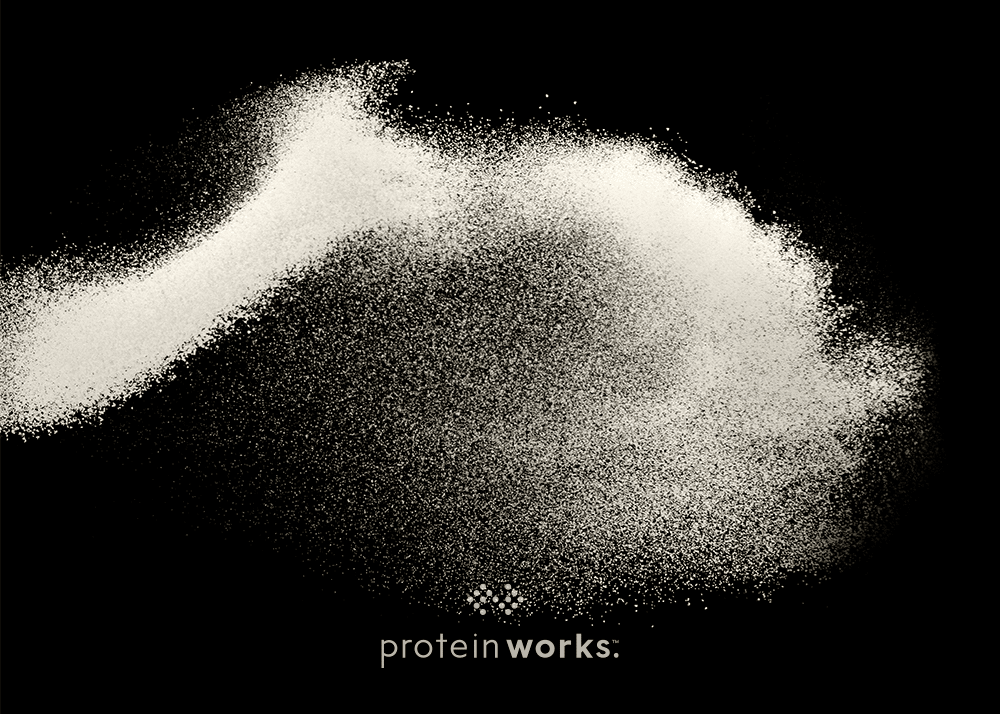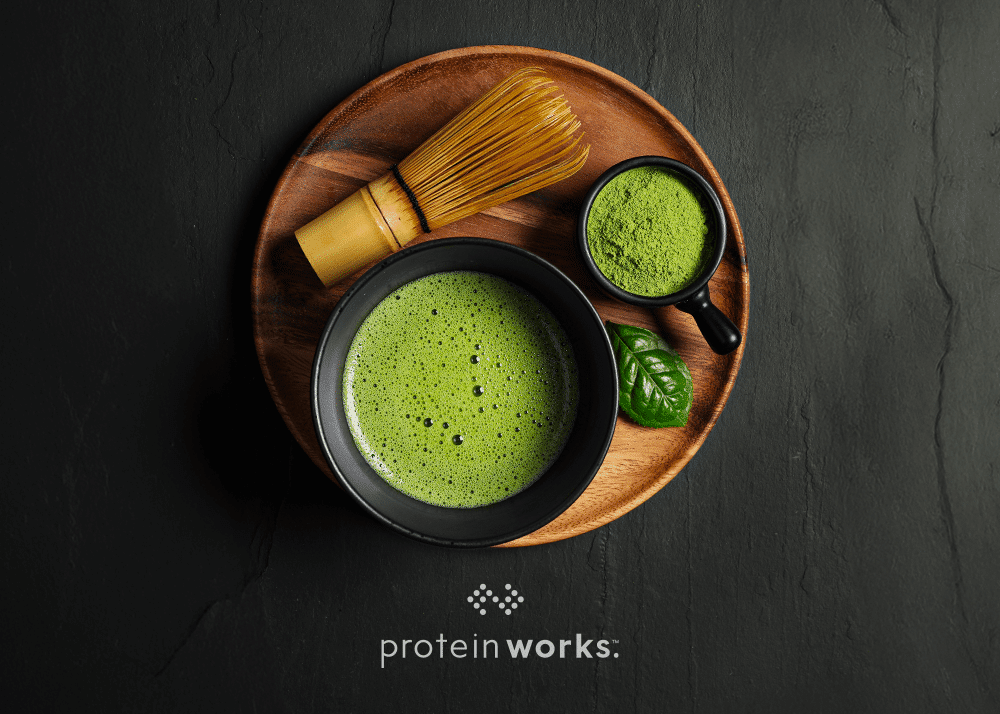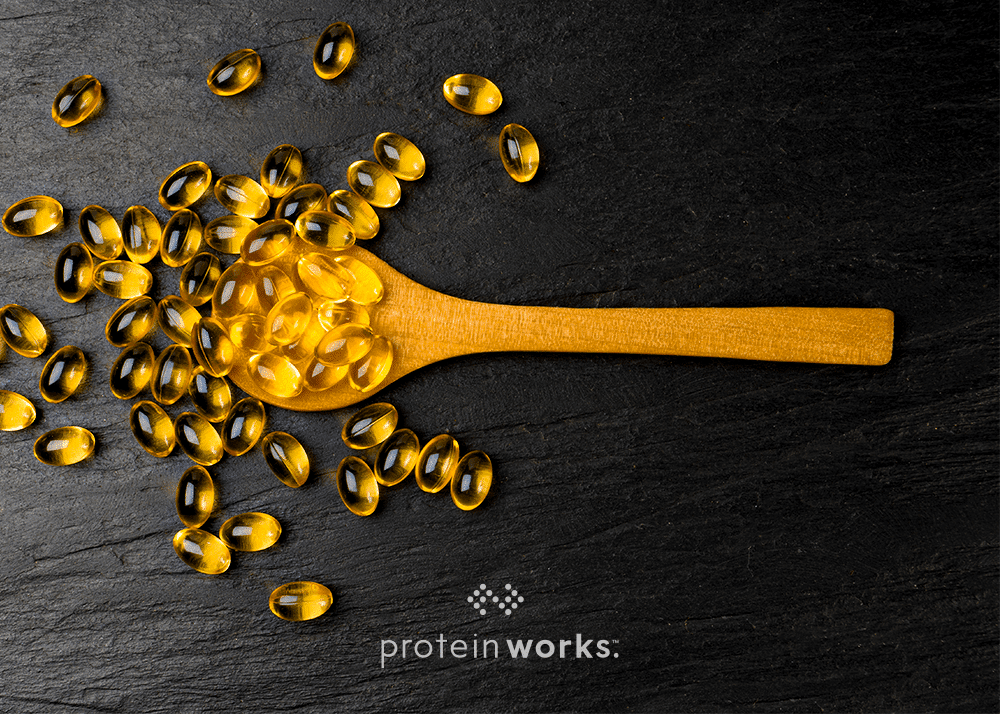
L-Lysine: What Is It & Does It Work?
L-Lysine is an amino acid your body does not naturally produce. Recently, it’s been gaining a lot of traction in the wellness world – but why? Well, research is showing that it could have some pretty helpful benefits when it comes to your health. From immune support to collagen production, it seems to have it all. But is this supplement too good to be true? We’re deep diving into it for you, giving you all the information you need on L-Lysine to really know what it’s all about.
What is L-Lysine?
Also referred to as just Lysine, L-Lysine is one of the nine essential amino acids, meaning it has to be obtained either through diet or supplement. It is found in protein-rich foods, like beef, chicken, fish, eggs, legumes and soy products like tofu or tempeh, but you can also buy it in capsule or powder form to add into your daily rotation of supplements. In the body, L-Lysine plays a key role in protein synthesis, immune function, enzyme production and even calcium absorption, so there’s not much it doesn’t touch in terms of your body’s functions.
How does L-Lysine work?
L-Lysine’s hard work starts in the small intestine, where it’s absorbed and transported throughout the body to start building proteins. It then interacts with other amino acids, linking together in various combinations to form new protein molecules, supporting your body’s muscle function and repair, and playing a role in collagen production. Put simply, it’s one of the vital building blocks in your body.
The benefits of taking L-Lysine
It should be noted at this point that the research on the health benefits of L-Lysine is still very much in its infancy. More is needed to solidify the scientific proof behind it, but so far, it’s looking promising. Here are the ways L-Lysine could help you:
Supports your immune function
L-Lysine has some promising antiviral properties, fighting against arginine, an amino acid needed by viruses to replicate, in the body. This means it could prevent and treat viral issues like cold sores and other herpes outbreaks. As well as this, L-Lysine has been shown to help white blood cell function and fight infection in the body, boosting your overall immune health.
Keeps your skin and joints healthy
Collagen is vital for bone, skin and joint health, and one of the key players in collagen formation is, you guessed it, L-Lysine. Your body needs it to create hydroxylysine, a vital compound making up collagen, so supplementing L-Lysine could support everything from skin hydration, to wound healing, to joint health. It’s great for aesthetic goals (goodbye, wrinkles), as well as post-surgery recovery and injury healing.
Helps your muscles grow and recover
A biological building block, L-Lysine is essential for creating and repairing muscle tissue. As a result, it may play a role in preventing muscle wasting if you have a low protein intake, or work a treat for post-workout recovery, combining with other amino acids to quickly repair muscle fibre microtears that come as a result of strength training.
Supports your bone health
Research has shown that L-Lysine could improve calcium absorption in your body, helping with bone mineral density and potentially working to prevent issues like osteoporosis. L-Lysine also works with other important minerals in the body, such as calcium, magnesium and vitamin D, all vital for good bone health.
Manages anxiety and stress
There have been a few studies suggesting that L-Lysine may aid in serotonin production, helping boost your mood, and reduce cortisol, lowering any stress and anxiety symptoms you may be experiencing. So, if you have a high-stress lifestyle or suffer from any anxiety disorders, L-Lysine could be well worth looking into.
Safely taking L-Lysine
How much L-Lysine you take per day depends on the results you want from it. For general health needs, 500-1,000mg per day is enough. If you’re tackling cold sores, 1,000-3,000mg is recommended, and for collagen production or post-workout recovery, 2,000-3,000mg is the guidance. Don’t go over 3,000mg unless directed by a doctor – it could lead to digestive issues or discomfort.
You can take L-Lysine whenever you want during the day, but you’ll get optimal absorption if you take it on an empty stomach. For immune support, take it before meals to get the best results, and for muscle recovery, take it after you’ve finished your workout.
You can also combine L-Lysine with other supplements to target certain benefits. Put it together with vitamin C, and you may get even better collagen production; pair it with zinc, and your immune system could get a good boost; and combine it with calcium to get the best out of your bone health.
It’s worth noting that, if you have a kidney condition, you should consult with your GP before supplementing. Excessive amino acid intake could put a strain on your kidney function, so it’s better to be safe in this case.
Final word
There are some great potential benefits of L-Lysine when it comes to your health and wellness, both physical and mental. However, much of this research is early on in its progress, so time will tell if these benefits are scientifically concrete. That said, there are no major downsides to adding L-Lysine into your routine if you’re an healthy person, so if any of these benefits sound good to you, it could be worth a try.
References
What are the health benefits of Lysine? | Medical News Today
4 impressive health benefits of Lysine | Healthline





